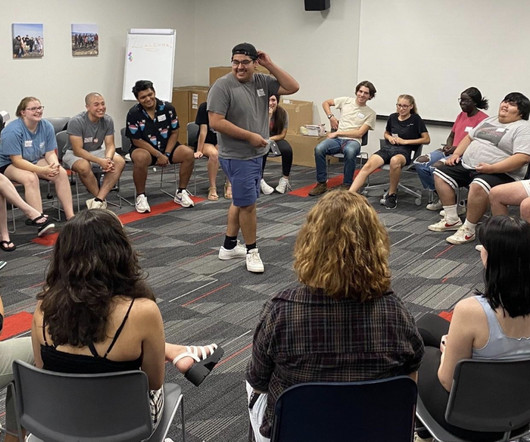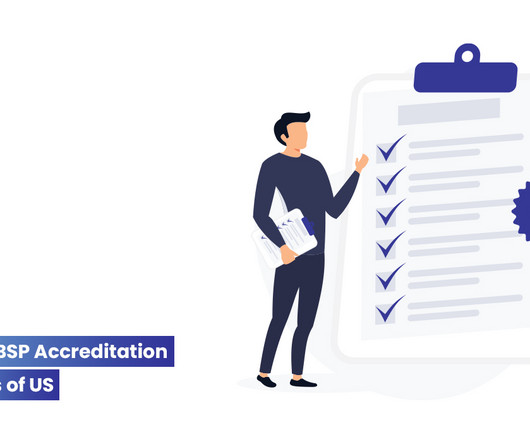U of South Dakota TRIO program offers first-year experience
Confessions of a Community College Dean
MARCH 24, 2023
Image: The University of South Dakota’s TRIO Student Support Services is like all other federally funded TRIO SSS programs in that it serves low-income, first-generation or disabled students. Tell us about it. Is this diversity newsletter?: Newsletter Order: 0 Disable left side advertisement?:












Let's personalize your content